DEFINITION OF GRIEF / LOSS
A loss exists when something or someone that was once present in our lives is no longer there. Most commonly, loss is associated with the death of a loved one, however, other situations create similar, complex and fluctuating feelings of grief.
SYMPTOMS OF MALADAPTIVE COPING FOR GRIEF / LOSS
- Intense sadness
- Uncontrollable crying
- Denial or disbelief of the loss
- Anger
- Withdrawal from social activities or hobbies you once enjoyed.
- Hopelessness about the future
- Helplessness over the pain
- Inability to focus on anything besides the loss
- Numbness or detachment from others
- Intense sorrow and pain
- Feeling life has no meaning or purpose
- Irritability or aggression
- Feeling life isn’t worth living since loss
- Guilt over loss (thinking you could have changed it)
- Increased alcohol or substance use in order to lessen symptoms
- Thoughts of harming self
COMMON EXAMPLES
- Death of a loved one
- Terminal illness of a loved one
- Termination of a pregnancy
- Divorce or separation of a significant relationship
- Shifting of relationship roles (for example, care-giving for a sick parent, while losing the support that was once received from them)
- Loss of physical ability due to serious illness or injury
- Loss of a significant job and/or lifestyle
TREATMENT
Treatment for grief and loss is individualized to each person based on the type of loss, the amount of time since incurring the loss and the person’s perception of and reaction to the loss. For example, when death is the stressor, a whole family or social network is impacted and it can be difficult to process your feelings about the event without feeling guilty for burdening the people around you. In these cases, psychotherapy assists by giving you a safe space to grieve and express the normal but difficult emotions that can accompany a death, including anger and a sense of abandonment.

